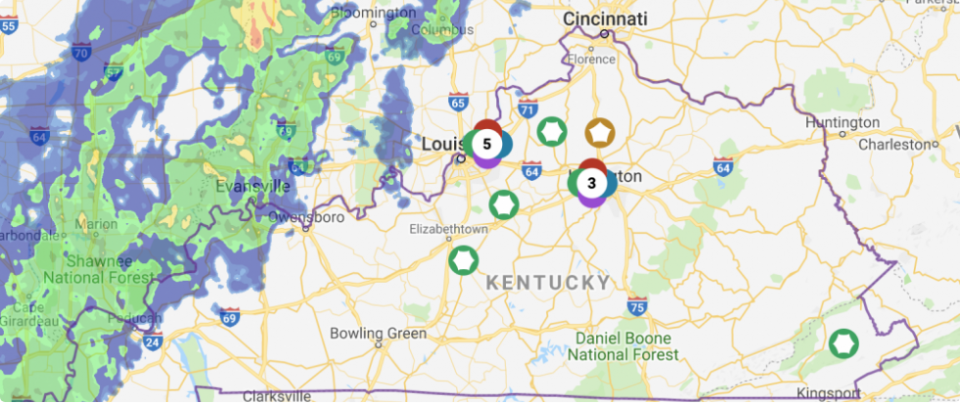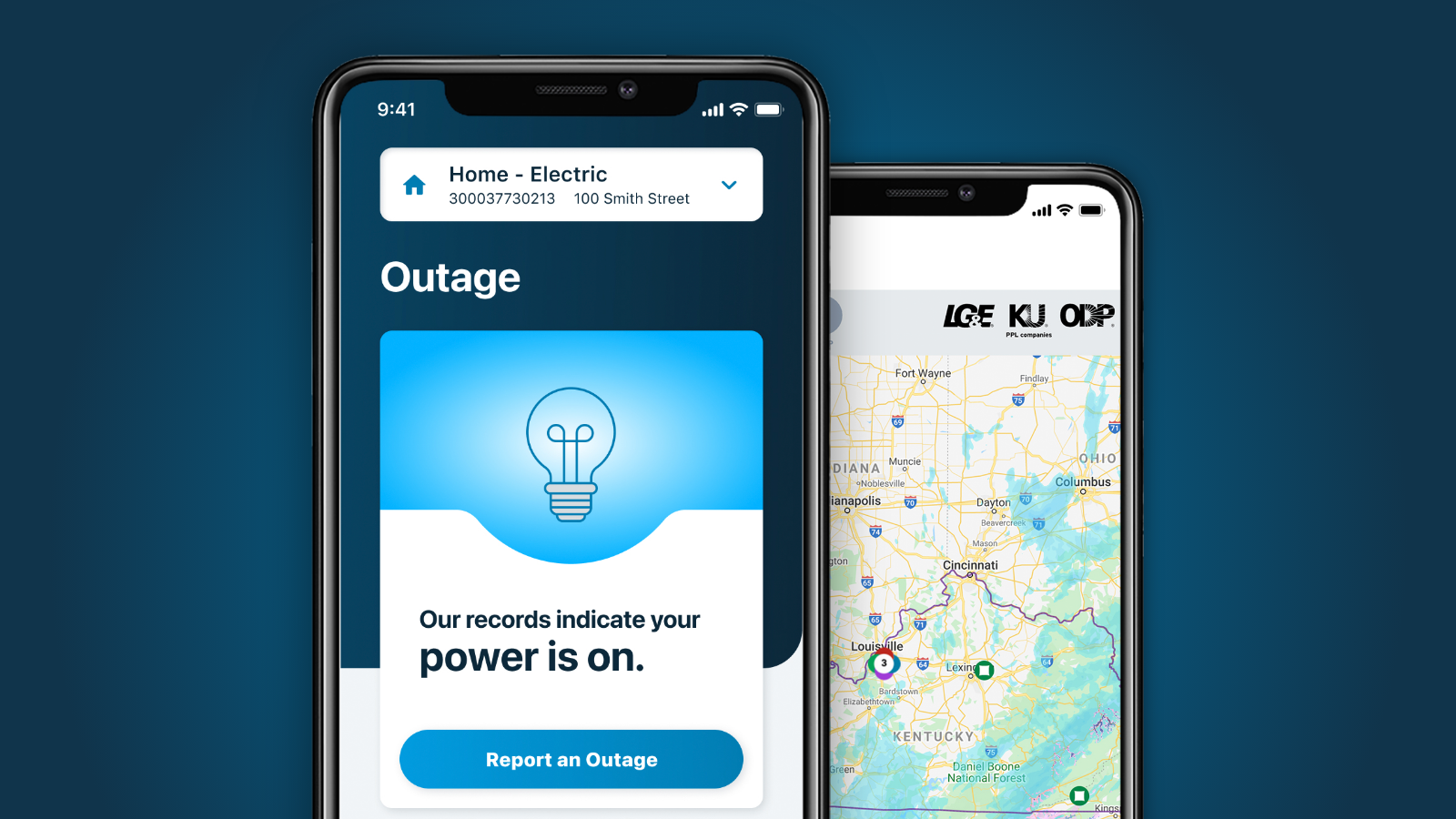House Bill 227: why its opponents don’t want private solar net metering reform
March 16, 2018- House Bill 227 (HB 227) will still allow solar to thrive in Kentucky while protecting non-solar customers.
- Current private solar net metered customers are grandfathered.
- Future private solar net metered customers would still receive credit for excess energy.
- Tell your elected officials you support private solar reform.
Now that House Bill 227 — a bill that would reform private solar net metering and grow it in a way that is fair for all Kentuckians — has advanced out of the House of Representatives and moves to the Senate for further consideration, those comfortable with the status quo are out in full force in a dangerous fact-distorting campaign that has real consequences for the average Kentuckian.
What’s the “status quo?”
President Ronald Reagan once said it was Latin for “the mess we’re in.”
Let’s shine some truth on House Bill 227 by busting some of the common myths against it.
Myth: House Bill 227 effectively “kills” net metering.
Fact: Nothing could be further from the truth. With House Bill 227, solar will continue to thrive in Kentucky. Installers are quick to say that costs for installations have dropped by 70 percent. House Bill 227 doesn’t change anything for current private solar net metered customers. Going forward, anyone will still be able to install a private solar system to offset their energy use. The bill also allows for a payment for excess energy directly to the customer.
Myth: House Bill 227 does not grandfather existing customers.
Fact: This is simply not true. Several accommodations on grandfathering existing private solar net metered customers have been made — both in making the guarantees more iron clad for 25 years and by making the existing arrangement transferable to future owners or heirs.
Myth: Utilities profit significantly from the excess energy private solar net metered customer generate.
Fact: By law, energy companies’ returns in Kentucky are set and regulated by the Kentucky Public Service Commission. The bottom line? Utilities don't make more or less as a result of net metering. When rates are set, the utilities are allowed to recover their costs. When a segment of their customer base isn't charged enough to cover the cost to serve that segment, other customers have to “pick up the tab” for it. House Bill 227 will not result in utilities making more profits. It would, however, ensure non-solar customers do not subsidize private solar net metered customers. The notion that in changing the law utilities would “pocket the difference” on the backs of private solar net metered customers would be — to use a Politifact term — “pants on fire.”
Myth: Utilities are against solar and net metering.
Fact: This is absolutely not the case. In fact, we’re actually growing our sustainable offerings to include programs like Solar Share, Business Solar, Green Energy, and EV charging options. This is in addition to having built the state’s largest universal solar facility — a 10-megawatt array at our E.W. Brown Station in Mercer County — and investments in other renewables, like growing our hydroelectric capacity at Ohio Falls Station.
And, we are certainly not against net metering. We are simply for reforming the current outdated policy that values excess energy from private solar net metered customers at a premium that is subsidized by other customers: roughly 300 percent what energy companies would pay any other supplier for the same electricity.
Myth: House Bill 227 favors monopolies over private businesses and homeowners.
Fact: Every aspect of Kentucky’s regulated utility industry is overseen by the Kentucky Public Service Commission—as opposed to “de-regulated” or “competition” utility states like California, Ohio, New England, and other high-cost states, where energy marketers like Enron successfully destroyed the traditional utility model. In Kentucky, like other traditionally-regulated utility states, energy grid costs are paid by all customers.
If Kentucky’s energy grid is not maintained by all customers, there will be no energy grid to net meter on for any private solar customer. The energy grid is the backbone of Kentucky’s economy and paid for by all Kentuckians. Private solar net metered customers should not avoid paying their fair share. Simply put, current law —the status quo— subsidizes the select few who can afford a private solar system on the backs of all other customers, including those who can’t install, don’t want or can’t afford a private solar system.
Myth: House Bill 227 devalues excess solar energy by 70 percent.
Fact: The state’s energy companies are currently required by law to purchase excess energy — even if it’s not needed — from private solar net metered customers at a premium that is subsidized by other customers: roughly 300 percent what energy companies would pay any other supplier for the same electricity.
With House Bill 227, future compensation for private solar net metered customers to sell excess generation back to the energy grid would be set at a rate and value determined by the Kentucky Public Service Commission, instead of at today's 300 percent premium price that is ultimately borne by all customers — even those who can't afford a private solar system.
Myth: Kentuckians aren’t subsidizing private solar net metered customers.
Fact: The value of energy is roughly three cents per kilowatt-hour in Kentucky. Private solar net metered customers currently receive roughly 10 cents per kilowatt-hour. The seven cents per kilowatt-hour difference is a premium subsidy that other customers, including those who can’t afford solar, are currently forced to “pick up the tab” on for excess energy generated by private solar net metered customers.
Myth: House Bill 227 costs Kentuckians more money by addressing a non-existent problem.
Fact: The cost-shift from net-metered customers to non-net metered customers is real and has been documented in other states where net metering has significantly grown over the years. The only debate is whether the excess energy generated from private solar net metered customers is worth 300 percent the value of the same energy utilities could purchase from any other supplier.
As with most low-cost energy states, in Kentucky, electrons are electrons, and Kentucky law guarantees customers affordable energy rates based on long-term, “least-cost” planning principles. Solar electrons are no different than coal, natural gas, or hydroelectric power electrons.
Every new net metered customer added in Kentucky increases the costs of service pushed onto non-net metered customers. Although a small number now, if this fundamental structural flaw in Kentucky utility rates is not addressed, the cost-shift will grow every year.
When you put all the facts into plain view, you’ll see that House Bill 227 is a vote for energy fairness for all Kentuckians. Kentucky's 14-year-old private solar net metering policy is outdated, and the costs to provide safe, reliable and low-cost energy 24/7 are not being fairly allocated between solar and non-solar users.
We can and should do better than the status quo.
Tell your elected officials to support private solar net metering reform through House Bill 227 and continue private solar growth in a way that is fair and sustainable for all customers.

